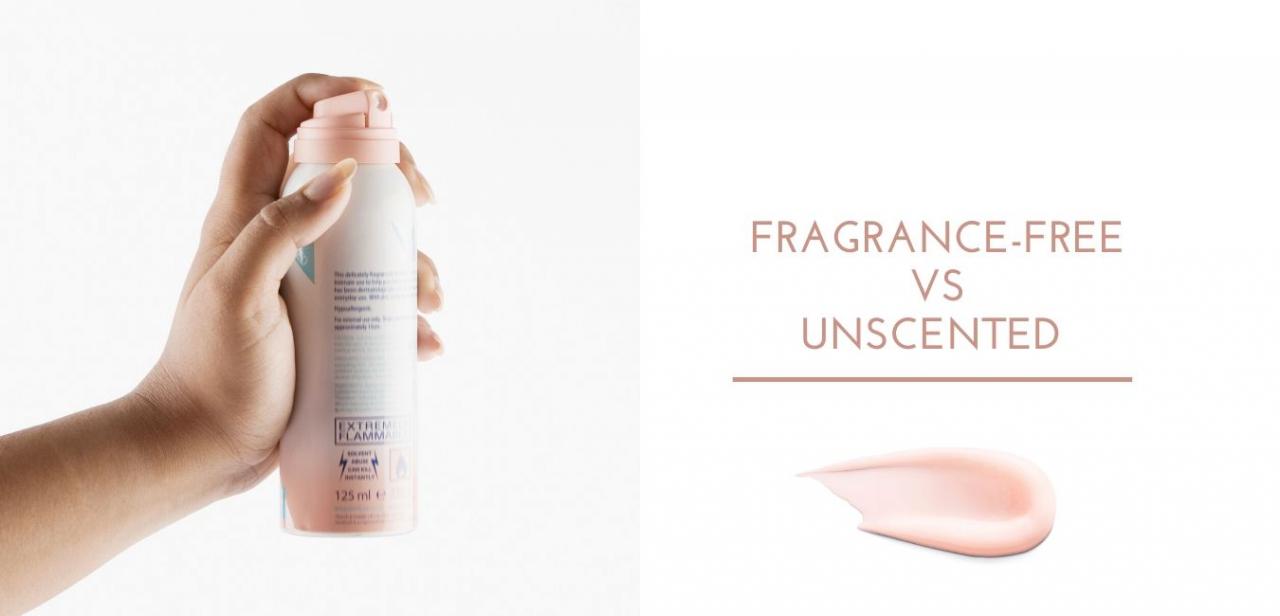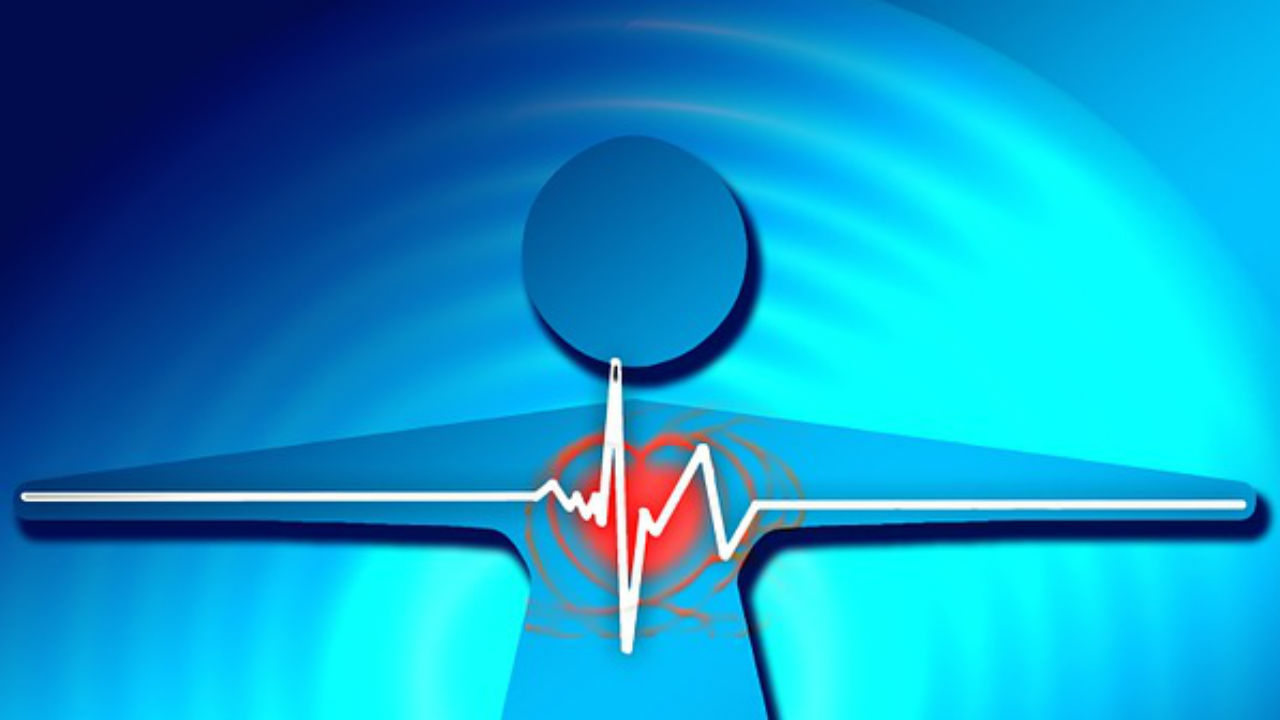Kawasaki disease (also known as lymph node syndrome) is a rare disorder that typically occurs in children under the age of five. It can be a very serious illness because a coronary aneurysm may form that can lead to a heart attack in the child.
Children who develop Kawasaki disease typically first develop a high fever, irritability and a sore throat which pretty much describes any child with a viral illness. However, they also develop a rash, severe eye redness, an intense red and spotty tongue, swollen lymph nodes along with hand and feet swelling making it difficult for the child to walk.
The majority of children who develop Kawasaki disease are of Japanese or Korean decent though any child can develop the illness.
The first phase of Kawasaki disease lasts for up to two weeks.
● The fever can be over 104 degrees Fahrenheit and last at least five days.
● The rash usually appears within five days after the start of the fever and is red, splotchy, possibly itchy and commonly appears in the groin area.
● Lips may become red and dry. The tongue becomes quite red possibly with bumps in the back, called “strawberry tongue”.
● Eye redness occurs in both eyes can look quite dramatic but has no drainage.
During the second phase of Kawasaki disease, which occurs in the third week of the illness, the fever and lymph node swelling improve but is replaced with peeling of the skin on the hands and feet. Muscle and joint pain may begin but the most serious problem for the child is the potential development of a coronary aneurysm and other blood vessel inflammation which can cause the formation of blood clots leading to a heart attack. Coronary artery disease occurs in up to 25 percent of children with Kawasaki disease.
Cause and treatment:
The cause of Kawasaki disease is unknown but it is felt to be related to exposure to a virus and it is also found to have genetic tendencies. The child of a parent who had Kawasaki disease is more likely to get the illness.
Treatment is given with gamma globulin (purified antibodies) intravenously and aspirin. Typically aspirin is not given to ill children due to risk of Reye’s syndrome however in Kawasaki disease, the aspirin is important due to its anti-platelet benefit along with a reduction of the fever and inflammation.
Those children who remain on long term aspirin therapy will need flu shots and chicken pox immunization to lower their risk of Reye’s syndrome. Reye’s syndrome usually occurs if aspirin is given during the time of high fever from a viral illness. Aspirin will be held for a number of weeks after immunizations are given as a precaution.
If a coronary aneurysm is found then aggressive monitoring and possible intervention will be needed similar to treatment of aneurysms in adults. Pediatric and cardiac specialists will be called in to determine if any surgical procedures are required.
Recovery from Kawasaki’s disease usually occurs in four to eight weeks. In those children where coronary aneurysms have been found, cardiac monitoring will need to continue into adulthood with EKGs, echocardiograms and other testing to monitor any changes.
Source:
www.medicinenet.com/kawasaki_disease/article.htm
http://kidshealth.org/parent/medical/heart/kawasaki.html
www.childrenshospital.org/clinicalservices/Site468/mainpageS468P7.html
http://dermnetnz.org/bacterial/kawasaki.html
Michele is an R.N. freelance writer with a special interest in woman’s healthcare and quality of care issues. Other articles by Michele can be read at www.helium.com/users/487540/show_articles





Add a CommentComments
There are no comments yet. Be the first one and get the conversation started!